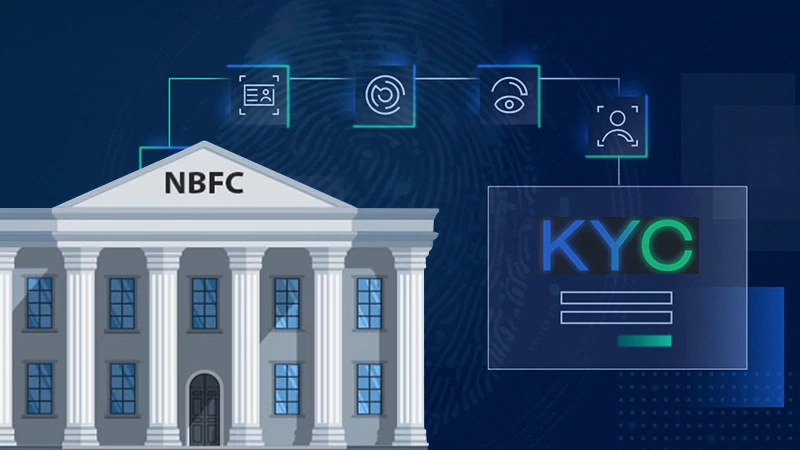Here’s How to Buy a House When You Have Student Loan Debt
Previous student loans can be frustrating for most people trying to secure financing for purchasing a new home. Like most people new to buying houses, you’ve probably assumed that student loans would not be a major hindrance to acquiring a house. But if you go online and search for “realtors near me” to offer some valuable advice regarding this issue, you will discover the dangers student loans pose in many financial situations.
It is common knowledge that student debts, even smaller ones, can have long-term negative consequences in life if not handled correctly. Many people have had to forgo some dreams and jobs as a necessary sacrifice. Most people with student loan debt opt for higher-paying jobs, even if those jobs are stressful and very demanding.
Focus on the following strategies and factors to buy a house if you have student loan debts:
Be Mindful of Your Credit Score
A good credit score is crucial to getting a mortgage. The better the score, the more likely you are to get a low mortgage rate. A credit score refers to a 3-digit number that summarizes your credit history. This history determines whether or not you qualify for a loan from a financial institution. It takes into account your payment history, account age, and credit utilization, among other factors.
The Fair Isaac Corporation (FICO) credit score is one of the most commonly used types of credit scores. This rating has a range of between 300 to 850, with 850 being the best. The higher your credit score is on the FICO rating, the better. On average, most lenders and financial institutions consider 600 and below to be a poor credit score. Consumers with 750 or above are deemed to have a superb credit score.
To fully assess the risk of lending to consumers, credit bureaus collate various information pieces and data, mostly on your credit history, and then develop a credit score using the information gathered. This final score reflects the likelihood of your ability to default (or not) on your repayments.
Before considering buying a home, assess your creditworthiness thoroughly.
Control Your Debt-to-Income Ratio
Much like the FICO credit score, your debt-to-income ratio significantly influences your ability to finance the purchase of a house. A debt-to-income ratio is calculated as the total sum of all your debt payments for a given month, expressed as a percentage of your gross monthly income.
This gross income is your pay before any deductions, including taxes. This ratio is of great significance to lenders; it is a strong indicator of your ability to keep up with all your debt payments while having sufficient funds for essential personal expenses.
A debt-to-income ratio of 43% is considered a cut-off threshold for the risk a borrower poses; this percentage acts as a yardstick against which the risk of defaulting is measured. A borrower with 43% or more is more likely to have difficulties making the required timely payments. You can control your debt-to-income ratio by increasing your income, lowering your repaying debt, or both.
Get Pre-Approval for a Mortgage
It is recommended that you acquire a pre-approval letter before finding a home to consider purchasing. Pre-approval is the appraisal of several factors regarding your personal finances and credit history. A lender will want to know about your assets and liabilities, income history, and credit history, among other things. Such appraisal assures the lender that you are in a steady financial position to make your mortgage payments.
Keep Credit Utilization in Check
This amount, also known as the credit utilization ratio, is the amount of revolving credit in relation to your credit limit. If, for example, your credit limit is $20 000 and you spent $6 000 during that month, then your credit utilization is 30%. Many lenders consider 30% to be the limit beyond which the risk of lending becomes unacceptable.
Ensure to pay off your credit card balance several times each month. You may also ask your lender to consider increasing your credit limit, though this has other drawbacks. Such measures can rein in your credit utilization and ease the process of buying a house.
Refinancing Your Student Loans
Such a scenario involves a third party settling your student loan debts and offering you a revised loan with new conditions, usually better (in this case, lower) interest rates. Such an arrangement indicates to the lender that you are well on your way to completing your loan payments.
Different lenders may have different eligibility criteria for considering student loan refinancing. Ultimately, such an arrangement puts you in the good graces of the lenders, which is beneficial for your prospects of buying a house.
Other methods, like considering down payment assistance, also significantly help your cause. Being mindful of all the above can make it easier to secure financing for a house despite huge student loans.
Follow Us
Latest Post
















